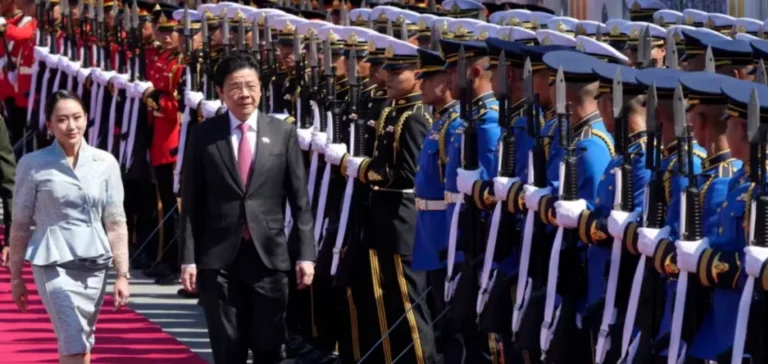Singapore and Thailand have concluded a bilateral implementation agreement under Article 6 of the Paris Agreement. This is the first partnership of its kind between Singapore and a member of the Association of Southeast Asian Nations (ASEAN), and the eighth such agreement signed by Singapore internationally. The deal enables the cross-border exchange of carbon credits, also known as Internationally Transferable Mitigation Outcomes (ITMOs), with corresponding adjustments to prevent double counting.
A legally binding bilateral framework
The agreement sets out a common legal framework to authorize carbon credit projects and ensure their compliance with international rules. Singaporean companies, subject to the national carbon tax, will be able to purchase these credits to offset up to 5% of their taxable emissions. On the Thai side, the deal establishes procedures to validate and transfer emission reductions generated by local projects.
This framework reinforces Singapore’s position as a central hub for carbon markets in Southeast Asia. For Thailand, it provides an opportunity to attract financing for projects in sectors such as reforestation, renewable energy production, and electric transport.
A regional precedent in ASEAN
The cooperation marks a milestone for ASEAN, which is working toward a common framework for carbon credit trading. It comes as several countries in the region, including Vietnam and Indonesia, are also developing their own regulatory infrastructures to integrate Article 6 mechanisms.
Thailand is not new to such transactions: it participated in the first ITMO sale in 2023, when the Swiss-based KliK Foundation acquired 1.906 million credits from Energy Absolute Public Company Limited for Bangkok’s electric bus program. This new deal with Singapore strengthens Thailand’s trajectory toward becoming a regional hub in carbon credit exchanges.
A market taking shape after COP29
The agreement takes effect in a context of accelerating Article 6 activities since the adoption of final rules at the United Nations Climate Change Conference (COP29) in Baku. Prices for Article 6-compliant credits stand out clearly from the traditional voluntary market, with auctions already seen between 25 and 55 Singapore dollars per ton, equivalent to about 18.70 to 41.20 US dollars.
This development is drawing the attention of institutional investors and regional governments, who see in these mechanisms an opportunity to allocate capital into energy and infrastructure projects. It remains to be seen whether other ASEAN countries will follow quickly and expand the regional carbon credit market.






















